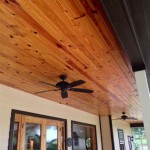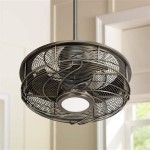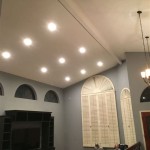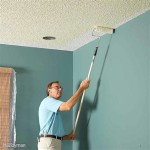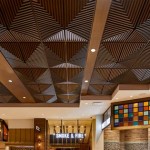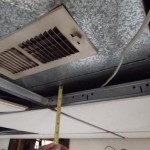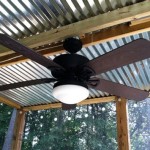Soundproofing insulation for basement ceilings is an effective way to reduce noise in your home. By installing soundproofing insulation, you can reduce the amount of noise that travels through the walls and ceiling from upstairs or from outside sources. This type of insulation is available in a variety of materials and styles, including foam, fiberglass, and polyester. In this article, we will go over the different types of insulation available and discuss the advantages and disadvantages of each.
Types of Soundproofing Insulation
Foam insulation is the most common type of soundproofing insulation for basement ceilings. It is lightweight and easy to install, and can be used to reduce noise in a variety of areas. It is also relatively inexpensive and can be found in a variety of thicknesses. The downside of foam insulation is that it can be difficult to install, and it is not as effective at reducing noise as some other types of insulation.
Fiberglass insulation is another common type of soundproofing insulation for basement ceilings. It is more expensive than foam insulation, but it is also more effective at reducing noise. It is easy to install and can be found in a variety of thicknesses. The downside of fiberglass insulation is that it may be difficult to install in some areas because of its weight.
Polyester insulation is another type of soundproofing insulation for basement ceilings. It is lightweight, easy to install, and relatively inexpensive. It is also effective at reducing noise, but it may not be as effective as foam or fiberglass insulation. The downside of polyester insulation is that it may not be as durable as other types of insulation.
Advantages of Soundproofing Insulation
The main advantage of soundproofing insulation for basement ceilings is that it can help reduce noise from upstairs and from outside sources. This will improve the quality of life in your home by creating a quieter and more peaceful atmosphere. It can also help reduce the amount of energy used to heat and cool the space, as soundproofing insulation can help keep the temperature within the room more consistent.
Another advantage of soundproofing insulation for basement ceilings is that it can help reduce drafts and air leaks from the space. This can help reduce energy costs and make the space more comfortable. Additionally, soundproofing insulation can help reduce the risk of mold and mildew growth in the basement, as it can help block out moisture and keep the space dry.
Disadvantages of Soundproofing Insulation
One disadvantage of soundproofing insulation for basement ceilings is that it can be difficult to install in some areas due to its weight. Additionally, some types of insulation are more expensive than others, so it’s important to consider the cost of the material when deciding which type to use. Finally, soundproofing insulation can be ineffective at blocking out certain types of noises, such as low-frequency sounds.
Conclusion
Soundproofing insulation for basement ceilings can be a great way to reduce noise in your home and make the space more comfortable. However, it’s important to consider the type of insulation, the cost of the material, and the difficulty of installation before making a decision. By taking all of these factors into consideration, you can make an informed decision about the best type of insulation for your basement ceiling.












Related Posts



